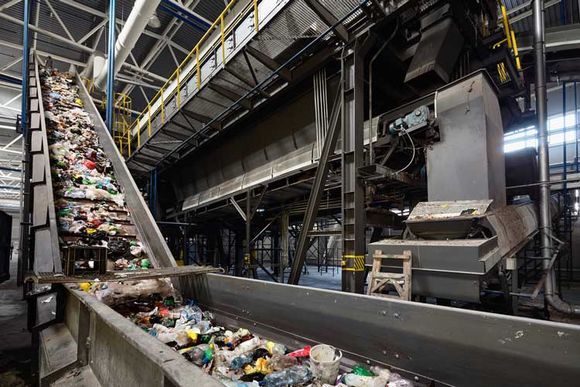

For businesses, that would include prohibiting discarding cardboard, paper, and yard waste in the trash. There are also voluntary programs and educational programs to increase recycling where it is not mandated by law.ĭisposal of recyclables in the garbage is not allowed from households, businesses, and apartments. Vermont also employed a landfill ban of recyclable materials, food and yard waste, and wood. Some cities, such as Seattle, and states like Connecticut, have created mandatory recycling laws that may fine citizens who throw away a certain percentage of recyclable materials in their garbage waste. Michigan's has maintained a 10 cent deposit value for bottles and cans since 1976. states, such as California, Hawaii, Oregon, Connecticut, Delaware, Maine, Vermont, Massachusetts, Iowa, Michigan, and New York have passed laws that establish deposits or refund values on beverage containers in order to promote reuse and recycling. One way in which some states encourage recycling of specific drink containers is through the passage of a bottle bill.Ī number of U.S. States with landfill bans of recyclables include Wisconsin, Minnesota, Michigan, and North Carolina. Most often these items include yard waste, oil, and recyclables easily collected in curbside recycling programs. Landfill bans make it illegal to dispose of certain items in a landfill. State regulation falls into two major categories: landfill bans and recycling goals.

More specific recycling legislation is localized through city or state governments. The Department of Commerce is also responsible for helping to develop markets for recycled goods. These include regulation of hazardous wastes, landfill regulations, and setting recycling goals. On a national level, the United States Environmental Protection Agency (EPA) oversees a variety of waste issues under the mandate of the Resource Conservation and Recovery Act. A collection center for recyclables in Santa Monica, California


 0 kommentar(er)
0 kommentar(er)
